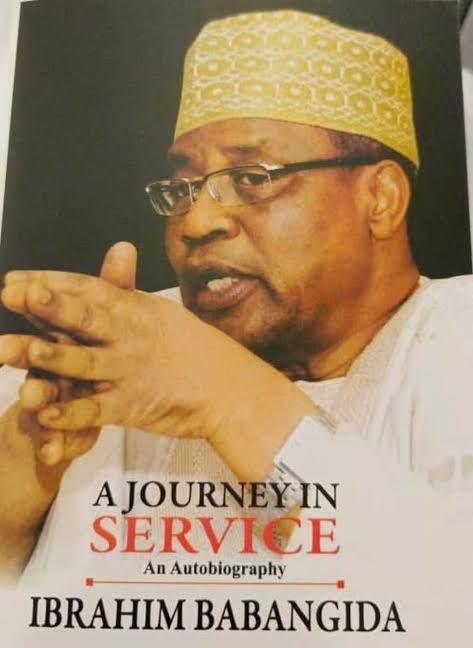
A few days ago, General Ibrahim Babangida launched a book about his service to Nigeria, which wrecked him billions of Naira in donations. The question now is on the part where he wrote that the 1966 coup, which was narrowed as an “Igbo coup”, is not true.
Before now, the narrative that it was an “Igbo Coup” set Ndigbo and their Biafran brethren in Nigeria against other ethnic groups. Many of us knew it was not an “Igbo Coup” but shaping the narrative by IBB has helped to some extent douse that aspect of communication.
It is, however, saddening that the authorities had kept this truth shallow till IBB. So, why do we need IBB’s validation when the authorities ought to address this issue headlong before now?
Before IBB’s show, the framing of the event as an ethnic-driven uprising had lasting implications for inter-ethnic relations in Nigeria, particularly between the Igbo and other ethnic groups. The historical context is crucial because it highlights how narrators and the authorities constructed and manipulated truth for political purposes. They have refused to also point out that the British colonial legacy and post-colonial power dynamics have played significant roles in shaping this narrative against Biafrans.
Nigeria is a pity because the talk surrounding such historical events reflects the interests of those who control them. This manipulation has led to widespread misconceptions that persist over time against Ndigbo. While IBB’s validation may provide a new perspective or reinforce existing arguments against the “Igbo coup” narrative, it is essential for the government to critically evaluate all available evidence and viewpoints and apologize to Ndigbo rather than relying solely on one individual’s account which was constructed against Ndigbo.
© Odimegwu Onwumere is Chairman of, the Advocacy Network On Religious And Cultural Coexistence (ANORACC)